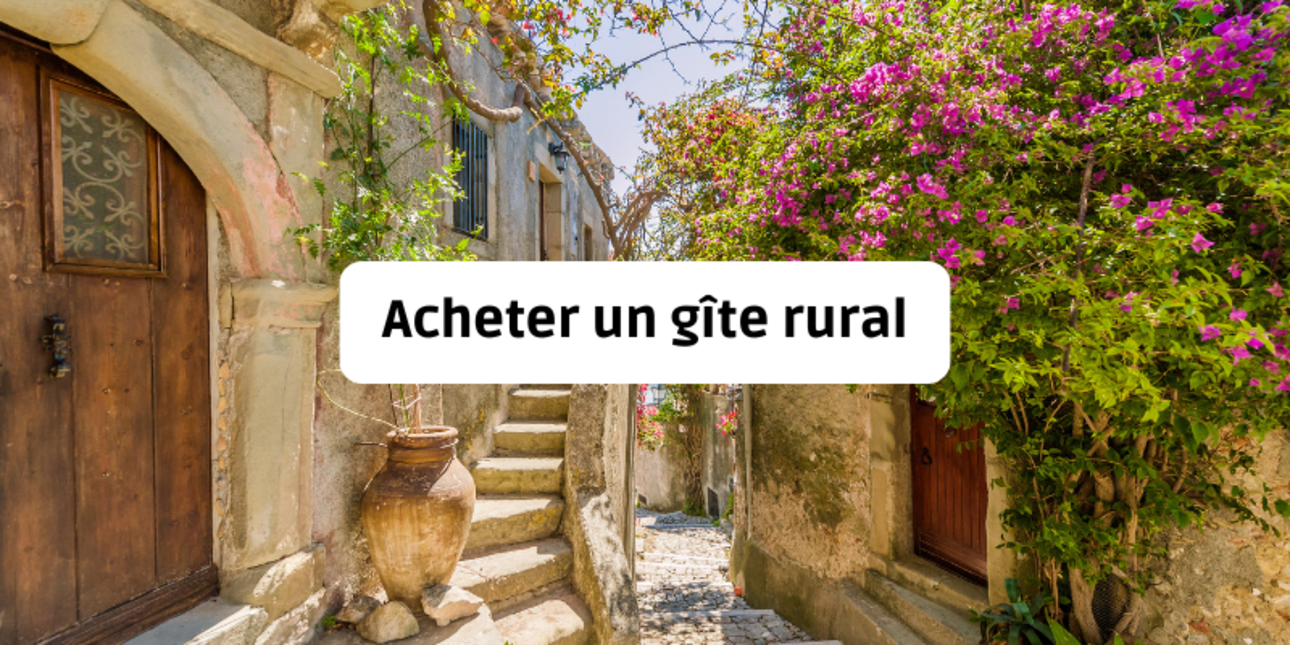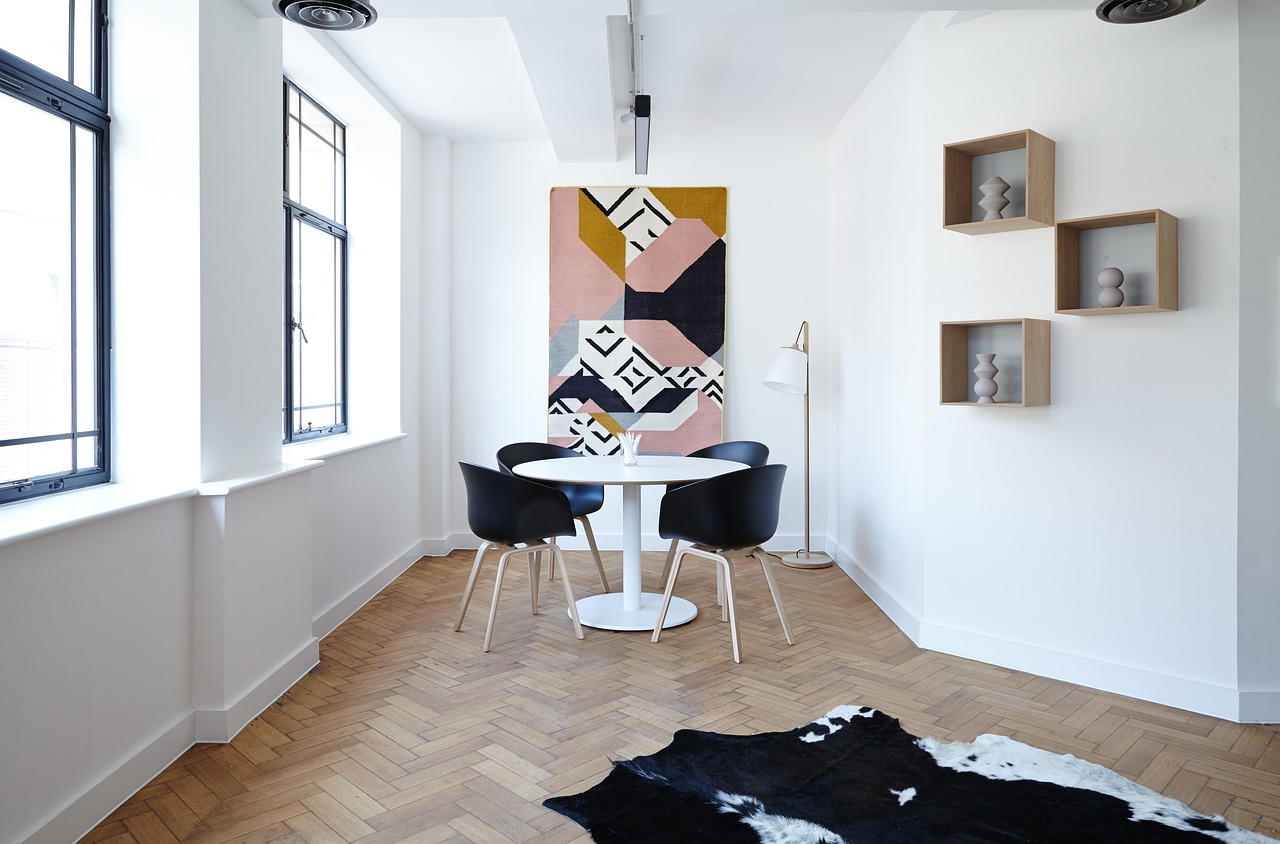
The purchase of a gîte in France can be a rewarding and profitable venture. Whether you're looking to invest in a property to generate extra income or looking for a change of lifestyle, a gîte in the countryside offers many opportunities. In this article, we'll explore the different steps and considerations you need to take to make your gîte rural purchase a success.
Buying a gîte rural offers a number of advantages:
However, it is important to consider the potential drawbacks:
To choose the ideal self-catering cottage, there are several criteria to consider. Location is crucial. A B&B located in a popular tourist area will be more likely to attract guests. Think about proximity to shops, national parks and towns of historical interest. The condition of the property; assess the amount of renovation work needed, as a property in good condition will require less initial investment. Check that the equipment is up to date and that the heating and hot water systems are efficient. The capacity and size of the gîte should match your project and market demand. A gîte that can accommodate groups will be more attractive to certain clienteles. A well-equipped and furnished gîte with modern amenities will attract more customers. Consider facilities such as a heated swimming pool, garage or children's play area. Finally, it's important to compare prices of similar gites to make sure the cost of purchase and renovation fits your budget.
The condition of the property; assess the amount of renovation work needed, as a property in good condition will require less initial investment. Check that the equipment is up to date and that the heating and hot water systems are efficient. The capacity and size of the gîte should match your project and market demand. A gîte that can accommodate groups will be more attractive to certain clienteles. A well-equipped and furnished gîte with modern amenities will attract more customers. Consider facilities such as a heated swimming pool, garage or children's play area. Finally, it's important to compare prices of similar gites to make sure the cost of purchase and renovation fits your budget.
Bank finance is a common option for buying a gîte. It is advisable to compare offers from several banks to obtain the best loan terms. A good loan agreement can make the difference between a successful project and a financial burden that is too heavy.
Grants and subsidies may be available for tourism projects. Contact your local authority, region or department to find out if you are eligible.
If you can't finance the purchase of a gîte on your own, you might consider bringing in investors. However, this involves sharing the profits and management of the gîte.
There are several factors to take into account when deciding how much to charge for renting your gîte. First, calculate your annual costs: add up all your annual charges and divide by the number of days in the year to obtain a floor price. Secondly, take seasonality into account: amounts may vary depending on the season (high or low season). Adjust your rates to maximise your occupancy throughout the year. Also consider the competition: compare the rates of similar gîtes in the area and look at the advertisements to get an idea of market prices. Finally, the features of the gîte play an important role: the surface area, garden, swimming pool, decoration, architecture and equipment provided all influence the price. A well-equipped gîte is often more attractive to holidaymakers.
A professional website is essential to present your gîte in an attractive way. Include high quality photos, information on amenities, rates, and reviews from previous guests.
Social networks like Facebook, Instagram and Twitter are powerful tools for promoting your bed and breakfast. Share photos, offer special promotions, and use relevant hashtags to reach a wide audience. A minute well spent on social networks can considerably increase your visibility.
Online booking sites such as Booking.com, Airbnb, and TripAdvisor can help attract new customers. Make sure you keep your profile up to date and respond quickly to customer enquiries.
Tourism fairs are ideal opportunities to meet potential customers and promote your gîte. Prepare brochures and business cards to hand out at these events.
Good organisation is essential for running a gîte effectively. Use management tools to keep track of bookings, payments and maintenance tasks.
Offer excellent customer service to keep your customers coming back. Respond quickly to enquiries, be welcoming, and make sure your gîte is always clean and well-maintained. A good host must be attentive and courteous to make his guests' stay unforgettable.
Buying a gîte rural can be an exciting and lucrative venture. By following the steps and advice set out in this article, you can maximise your chances of success and make the most of your investment. Here's a summary of the key points to remember:
By following these tips, you'll be well prepared for the successful purchase and management of your gîte rural. Good luck with your project!
1. How do I sell a gîte?
2. Where to buy a gîte
3. How much does a night in a gîte cost?
4. How profitable is a gîte?
5. Buying a gîte or creating a gîte: which should you choose?
6. What are the formalities for opening a gîte?
7. The different types of gîtes
8. Taxation of gîtes
9. Gîte labels: a guarantee of quality for your rural accommodation
10. Gîte classification
11. Running a gîte as a business
12. How to communicate effectively for a gîte
13. How to choose the best platform for your gîte
14. What criteria should I take into account when buying a gîte?
15. Furnishing and decorating a gîte
16. What is the ideal number of bedrooms for a gîte?
17. The advantages of a large plot for your gîte
18. What are the essential features of a self-catering cottage?
19. Should a swimming pool be installed for a gîte?
20. What price should I pay for a gîte?